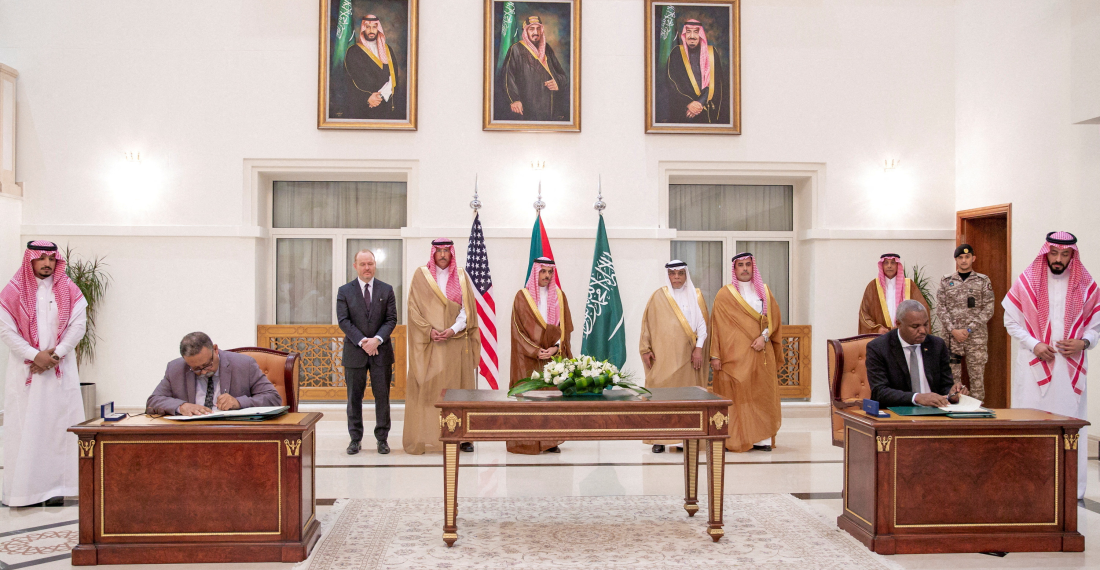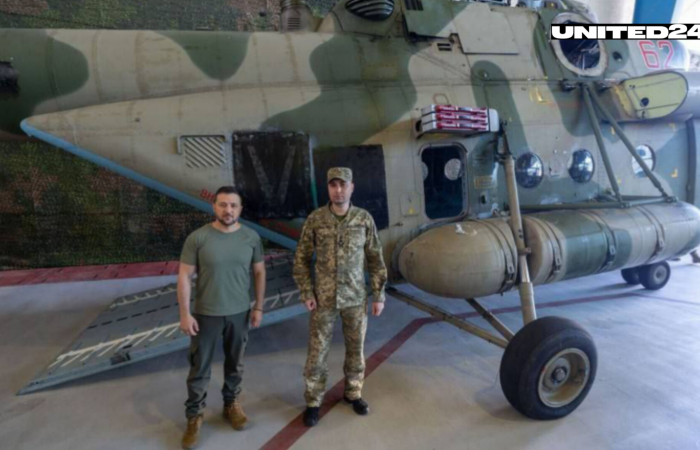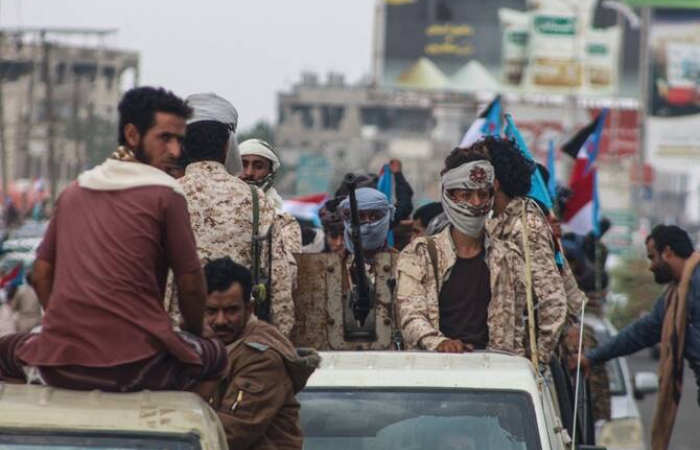The Sudanese army and the rival paramilitary group, the Rapid Support Forces, have agreed on a week-long ceasefire after talks in the Saudi port city of Jeddah on Saturday (20 May).
The ceasefire, which is due to come into force on Monday evening with an internationally-supported monitoring mechanism, is supposed to allow for the delivery of humanitarian aid.
Since fighting broke out on 15 April as the warring parties failed to reach an agreement over a transition to a civilian government, humanitarian conditions in Sudan have become increasingly desperate, with reports of food, water and power shortages in the capital city, Khartoum, which have been further compounded by widespread looting.
Despite the ceasefire signed on Saturday raising hopes for a pause in the now five-week long conflict, residents in Khartoum reported fighting in the capital city on Sunday. Previous ceasefires agreed between the Sudanese army and the RSF have all largely failed to halt the violence, but the Jeddah deal marks the first time the sides have signed a truce agreement after negotiations.
It is however unclear whether a ceasefire on the ground is enforceable, and neither the leader of the Sudanese army nor the RSF travelled to Jeddah for the talks.
1.1 million people have been displaced since fighting began, moving either within Sudan or to neighbouring countries such as Saudi Arabia, creating a humanitarian crisis that threatens to destabilise the region.
Hundreds are confirmed to have died, with thousands injured. The real numbers of dead and injured are likely to be much higher than official tolls, however.
source: commonspace.eu with agencies
photo: Reuters






